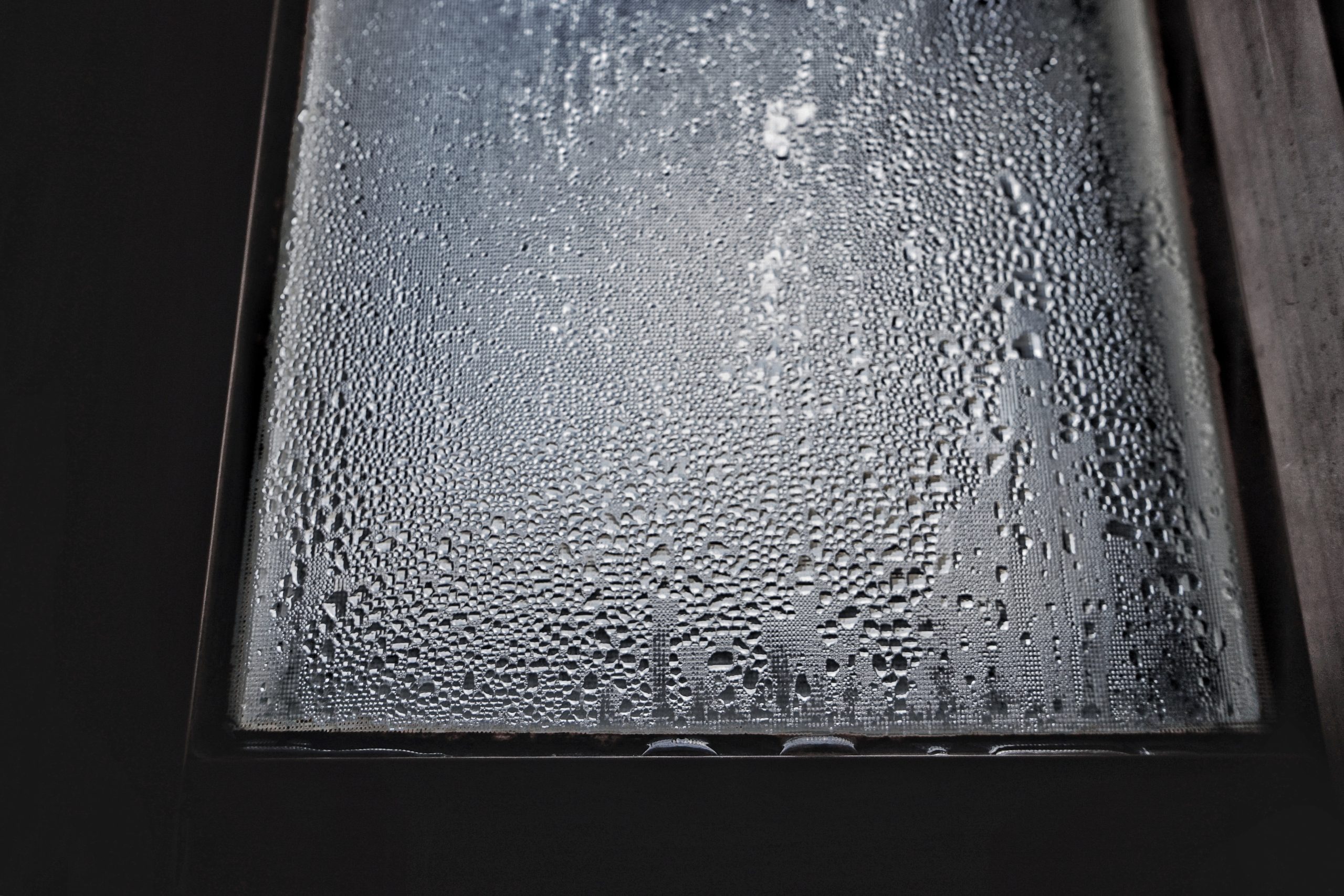How to Prevent Humidity, Mold and Window Condensation in Your Apartment

The fall and winter season is an exciting time until one morning you wake to water droplets on your windows. They’re increasing with condensation by the hour. I’m exaggerating or maybe by the day. I’ve never dealt with high levels of humidity before so this was all new for me. I started noticing my walls were cold, damp and the air seemed unpleasant.
I read one article online that really had me worried. It said high levels of humidity in an enclosed close space causes mold. Mold not only damages where it grows, it can make a person sick. You know when you use Google to research symptoms of one thing then all of a sudden it’s showing you a list of life-threatening diseases? To offset my worry, I tried to understand what was happening.
First I had to learn what it meant to have high levels of humidity in an apartment. Humidity is the concentration of water vapor or moisture in the air. What causes high levels of moisture (humidity) in the air? Some things I read online were: hot showers – it carries high levels of moisture compared to cold water; cooking – such as boiling water; hand wash and hang drying clothes indoors; breathing – yes, even breathing contributes to moisture in the air. Ever been in a small room with lot of people inside?
Mold is a fungus that grows in moist and warm conditions. It thrives where there’s a lot of moisture. If left untreated, professional cleaning may be required.
How does condensation happen? When cold air from outside hits the warm air trapped inside, it forms water droplets or condensation on surfaces like windows. At first I turned on the AC to 16°C; the apartment was so cold and condensation continued so I had to try something else. It also helped when I reached out to someone who shared a few solutions.
Here are some ways to prevent humidity, mold and window condensation in your apartment:
- Open your windows and to let the fresh air in and let warm, perhaps stale air out. This is one of the best ways prevent humidity, mold and window condensation. It also allows air to circulate and it helps to keep the room, walls, windows dry.
- Wipe away/dry wet surfaces and fix any leaks. This will help to limit moisture in the air, prevent damp walls, window sills, and mold from growing. Buy a water wiper to wipe down the bathroom tiles after showers to prevent mold from growing and to keep tiles clean.
- Use a dehumidifier. What’s great about a dehumidifier is that it absorbs and removes excess moisture from the air. The moisture collects in a container below. Dispose the collected water after each use.
- Take advantage of moisture absorption boxes. Place them inside your closets, cupboards, even on the floor, in tight or small corners of a room. You’ll be surprised how much moisture it absorbs. You’ll know when you see the water collecting at the bottom on the box.
- Occasionally leave your drawers, the doors to your cupboards and closets open to allow air to circulate. This also helps to lessen mold and dampness.
- Keep furniture at least an inch away from the wall. This allows air to circulate between the small places to prevent mold growth. When moisture collect between furniture, the wall or wallpaper can get damp and if left unnoticed, mold will begin to grow. The furniture and wall can get damaged.
- Use ventilation and exhaust fans to extract moisture from the air. Turn it on during and after showers and cooking. If you don’t have one, you can use a table fan, preferably one that rotates. It helps to circulate and cool the warm air. Take the size of the room into consideration when purchasing the fan.
- Use the dry setting on the AC. I’ve use mine whenever my apartment gets too warm. Turning on the AC helps bring the room temperature down to a cooler, healthier temperature.
- Turn on the heat! In Korea, during winter, turning on the heat keeps the apartment warm and water pipes from freezing. It’s super expensive to fix burst pipes. Try to keep a constant temperature in the apartment. If the heat is on too high, humidity, mold and window condensation may start to build. If it’s too low, the apartment will be too cold.
In an ideal situation, when an apartment or house is insulated, it’s easier to regulate the room temperature. Insulation allows you to keep a desired temperature in you apartment or house all year round to protect it against the harsh cold winters and hot summers. Since I’ve been keeping the heating temperature at a constant 45°C, my windows no longer have condensation on them. Though it’s still winter in Korea, I’ve been allowing fresh air inside from my balcony, for about an hour a day. A clean, dry, and cool apartment makes me happy.

Leave A Comment